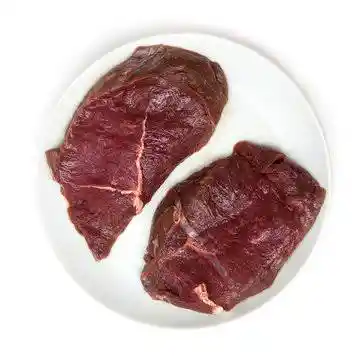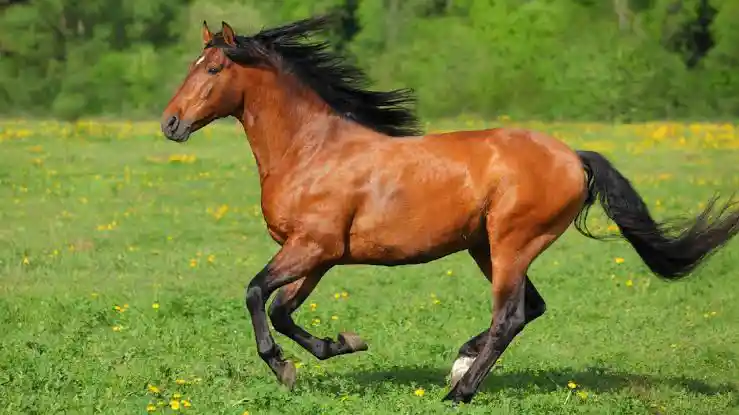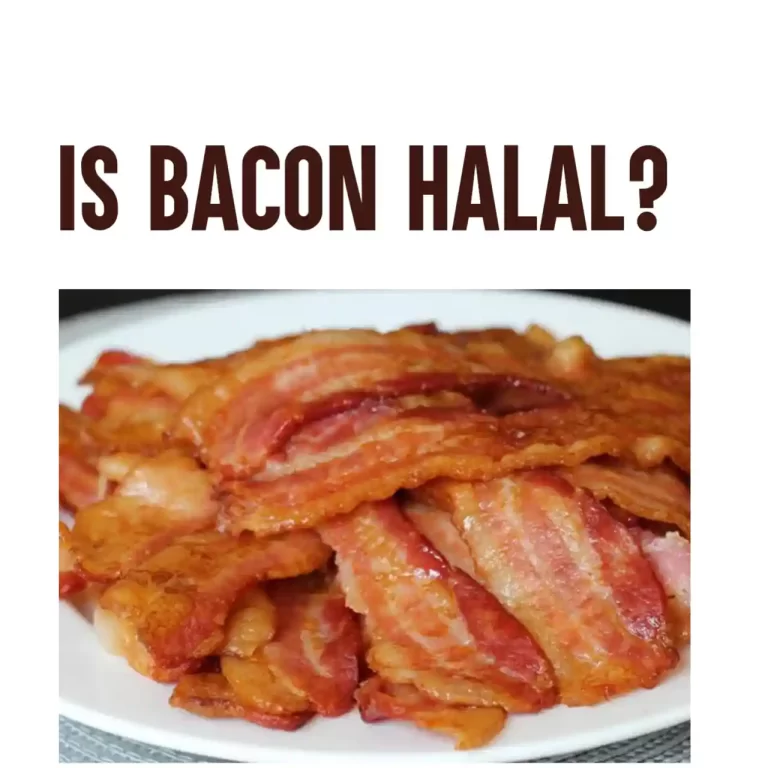Is Horse Meat Halal Or Haram?
Advertisements
Is horse meat halal? Horse meat is a controversial topic in the Muslim community as some consider it to be halal, while others consider it to be disliked.
In this blog post, we will explore the different perspectives on the issue and provide information on the Islamic laws and teachings surrounding the consumption of horse meat.
Is Horse Meat Halal?
Yes, horse meat is halal in Islam. The majority of scholars are of the view that horse meat is permissible. Other scholars are of the view that it is disliked to eat horse meat.
Why Horse Meat Is Halal?
The majority of scholars are of the view that it is permissible to eat horses, because of the sound ahadith that have been narrated concerning that.
1. Hadith
Jabir ibn ‘Abd-Allah (may Allah be pleased with him) said: On the day of Khaybar, the Messenger of Allah (peace and blessings of Allah be upon him) forbade eating the flesh of domestic donkeys, but he granted a concession with regard to horses.
Narrated by al-Bukhari and Muslim, 1941
2. Hadith
Asma bint Abi Bakr (may Allah be pleased with her) said: At the time of the Prophet (peace and blessings of Allah be upon him) we slaughtered a horse and ate it.
Narrated by al-Bukhar and Muslim, 1942
3. Hadith
Jabir (may Allah be pleased with him) said: We traveled with the Messenger of Allah (peace and blessings of Allah be upon him) and we used to eat the flesh of horses and drink their milk.
Narrated by al-Daraqutni and al-Bayhaqi. Al-Nawawi said: with a sahih isnad

- You may also like: Is Giraffe Halal or Haram?
Views Disallowing Horse Meat
Other scholars – including Abu Hanifah and his two companions – are of the view that it is makruh (disliked) to eat horse meat. They quoted a Quranic verse and a hadith as evidence for that.
Advertisements
The verse is as follows (interpretation of the meaning):
“And (He has created) horses, mules and donkeys, for you to ride and as an adornment.”
Surah al-Nahl 16:8
They said: He did not mention eating them, but He mentioned eating an’am animals (camels, cattle etc) in a previous verse (verse 5).
The scholars responded to that by noting that mention of riding and adornment does not mean that their benefits are limited to that, rather these two are singled out for mention because they are the uses to which horses are put in the majority of cases.
This is like the verse in which Allah says (interpretation of the meaning):
“Forbidden to you (for food) are: Al-maitah (the dead animals — cattle — beast not slaughtered), blood, the flesh of swine”
Surah al-Maidah 5:3
Here flesh is mentioned because that is what is usually eaten in most cases.
Advertisements
The Muslims are unanimously agreed that the fat, blood and all other parts of the pig are also forbidden, and they said: hence Allah does not mention carrying load on horses, although He says with regard to an’am animals (camels etc),
“And they carry your loads” [al-Nahl 16:7].
This does not imply that it is haram to carry loads on horses.” (Al-Majmu)
The hadith that they quote is that which was narrated from Khalid ibn al-Walid, that he said:
The Messenger of Allah (peace and blessings of Allah be upon him) forbade the flesh of horses, mules and donkeys, and every wild animal that has fangs.” (Narrated by Abu Dawud, al-Nasai and Ibn Majah.)
This hadith is da’if (weak), and was classed as such by al-Albani in Da’if Abi Dawud.
Al-Hafiz Musa ibn Harun said: “This is a weak hadith. Al-Bukhari said: This hadith is subject to further investigation.”
Taken from IslamQA.
Advertisements








One Comment
Comments are closed.